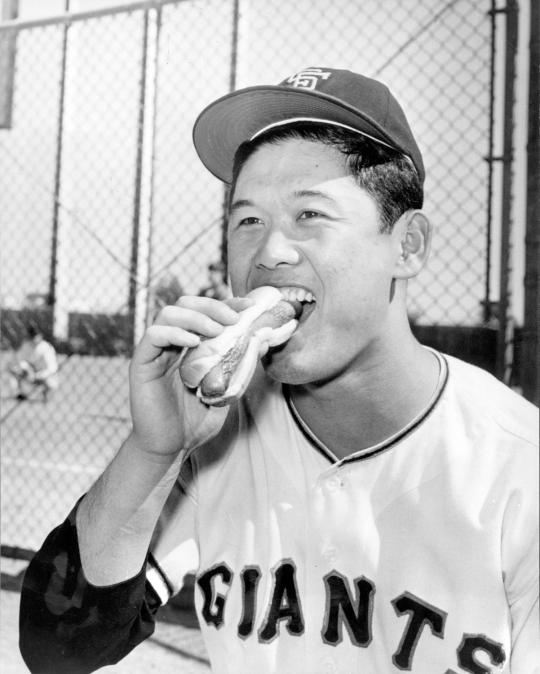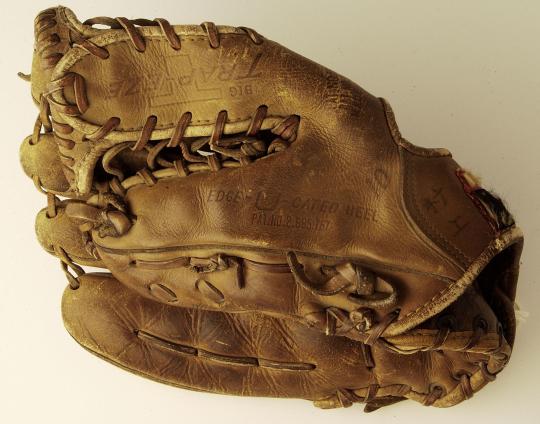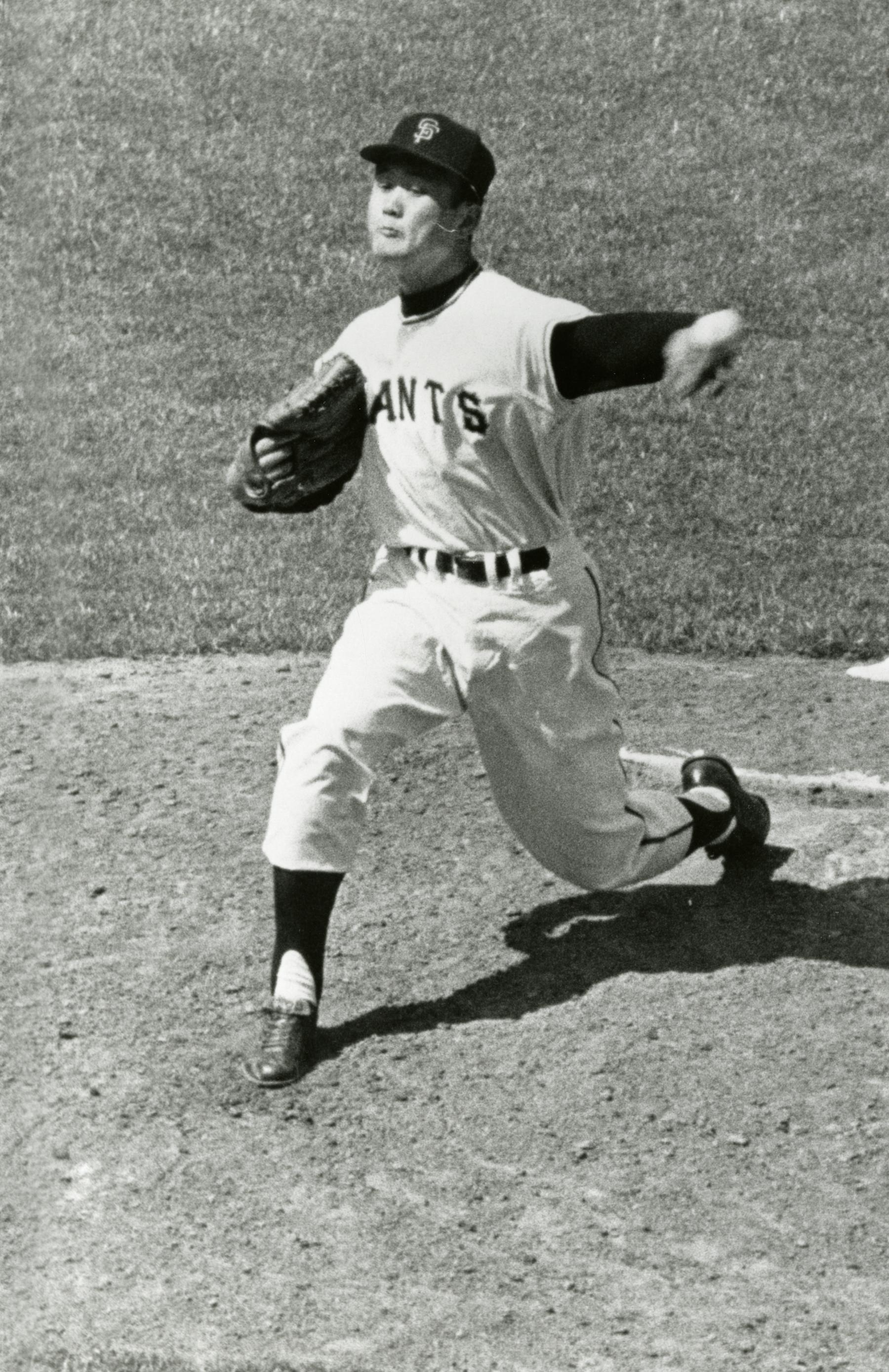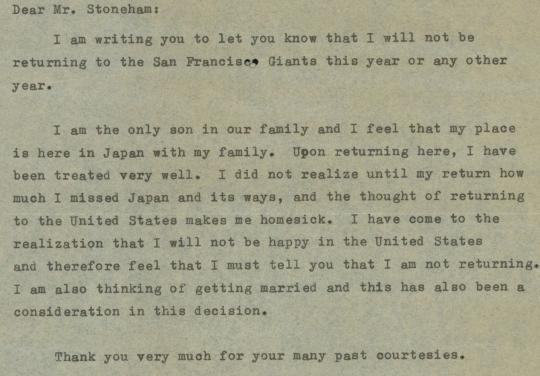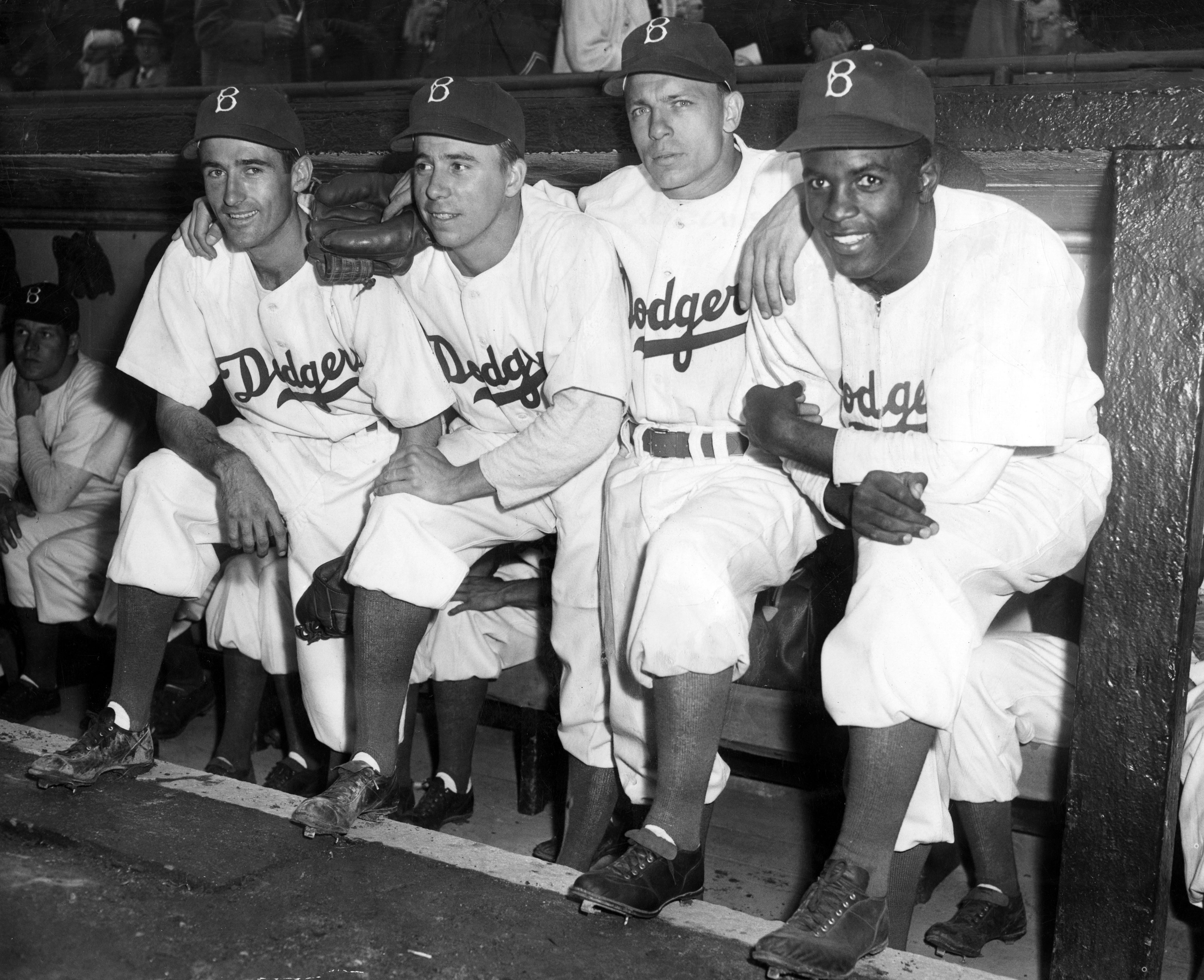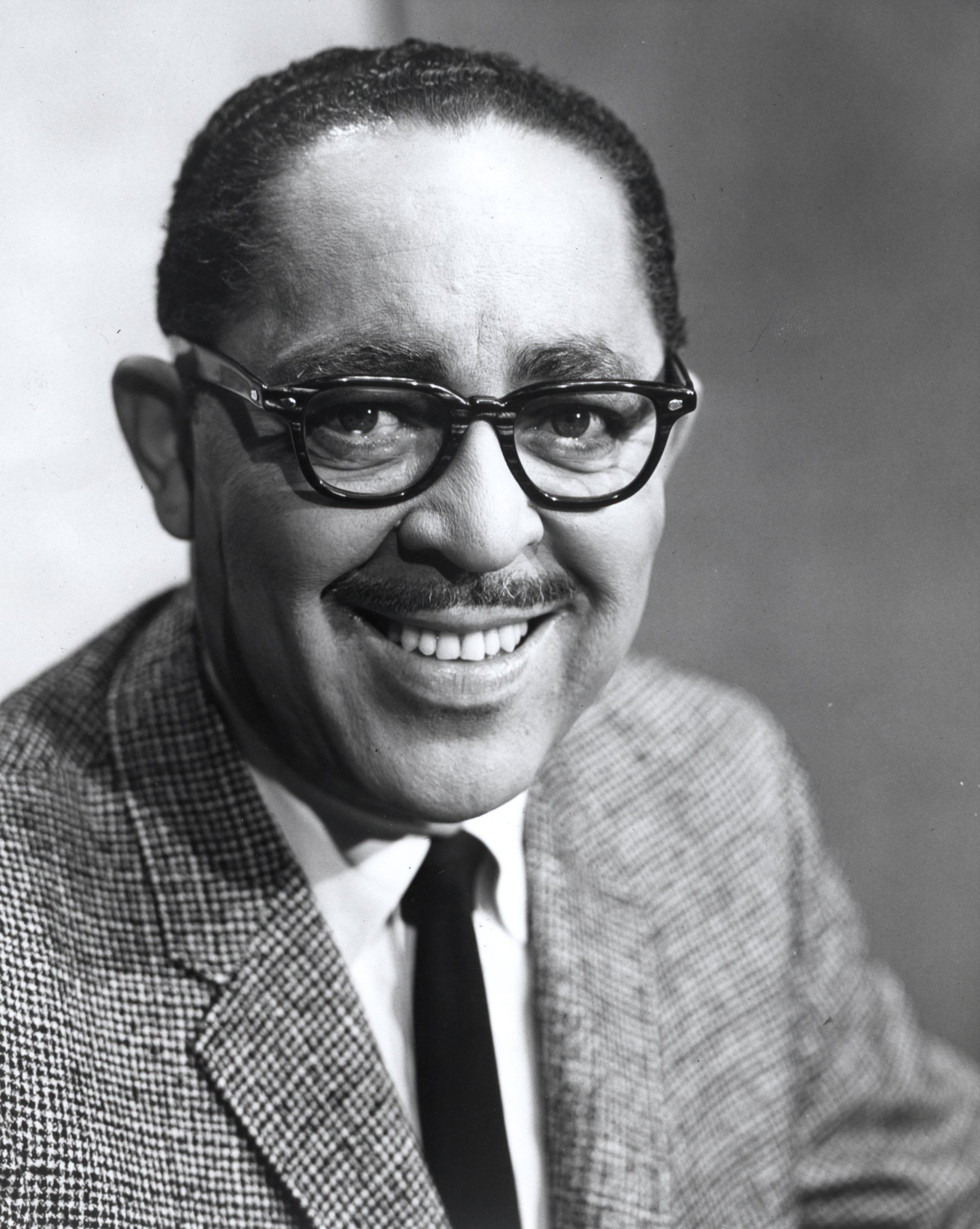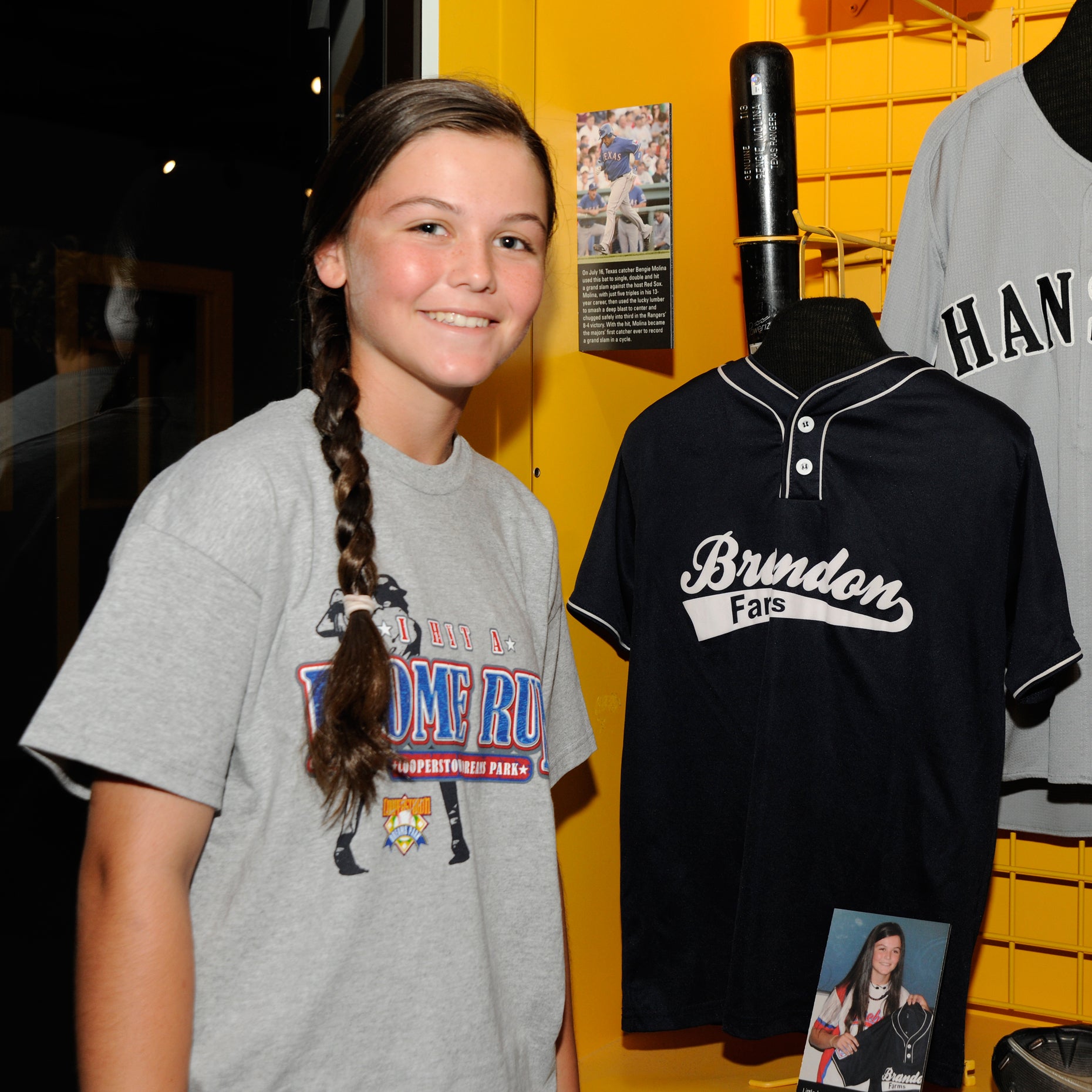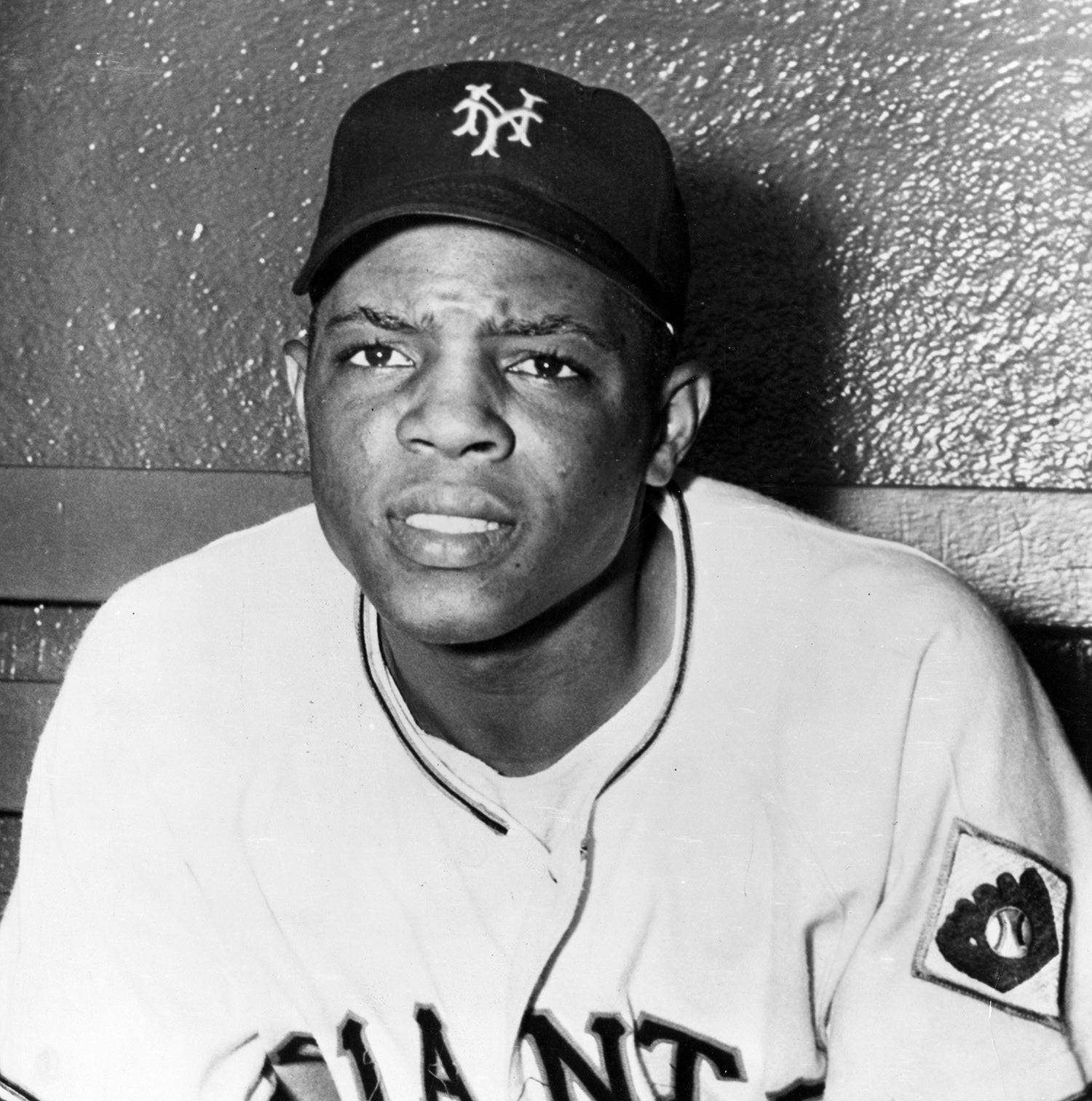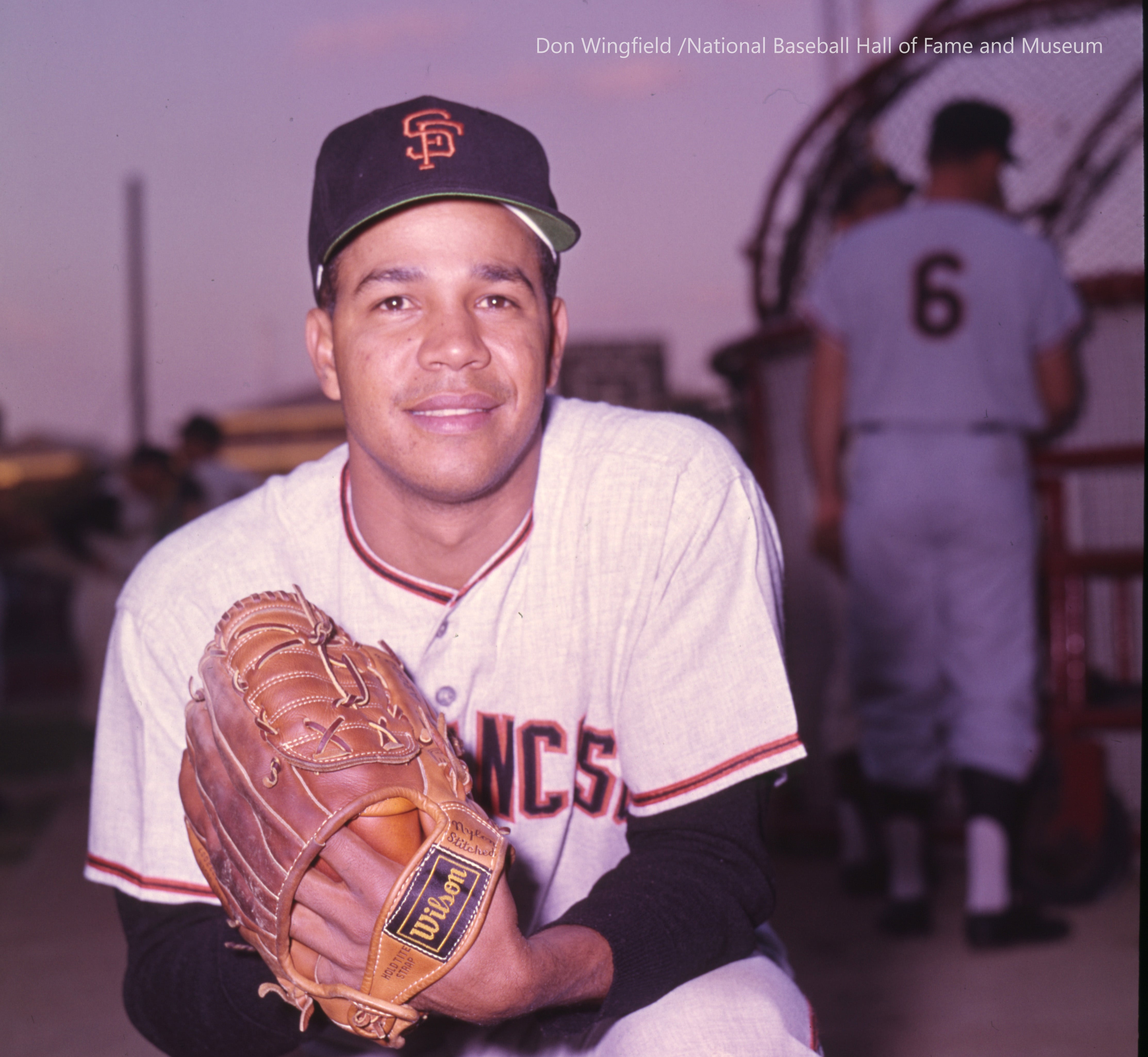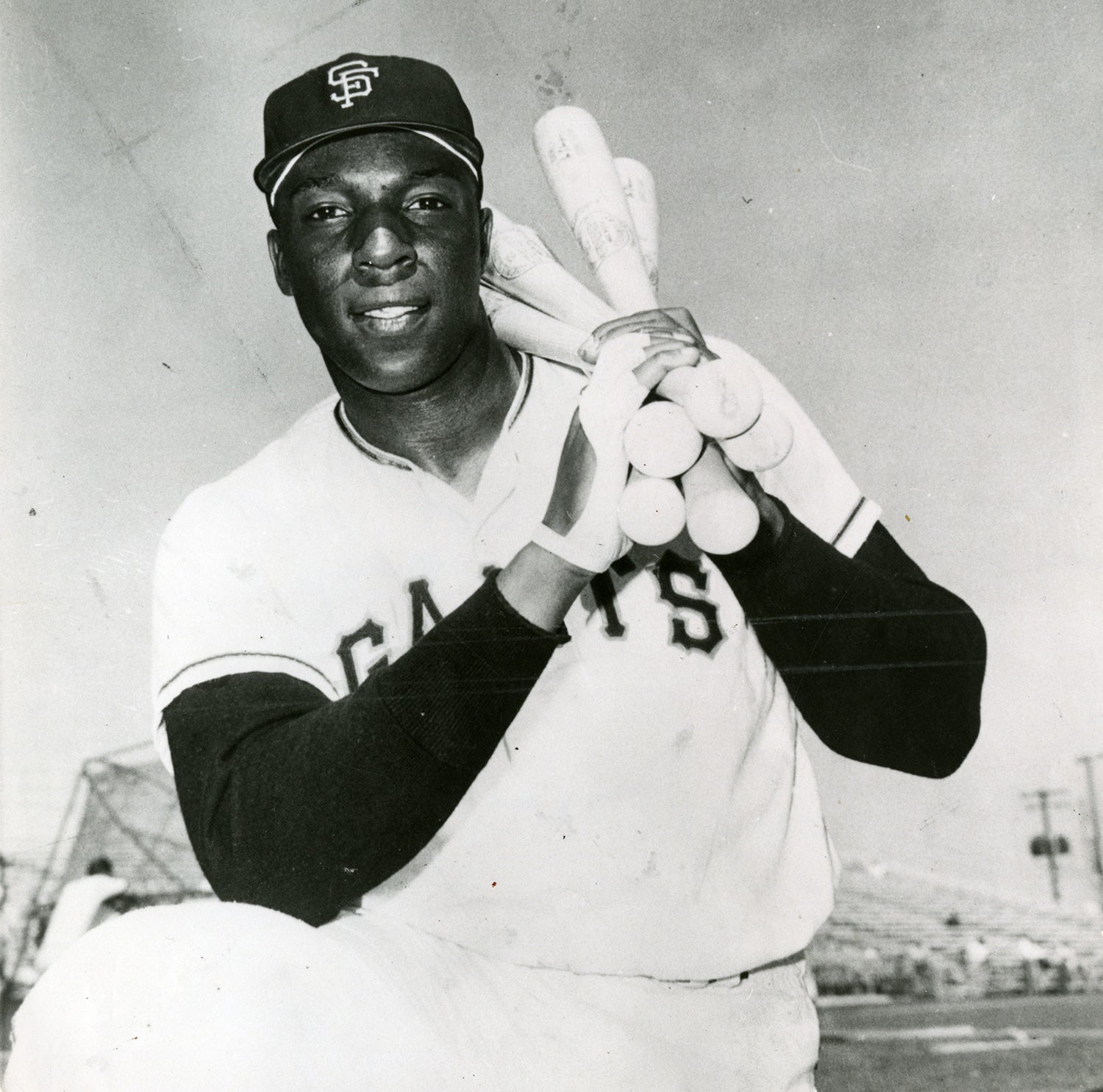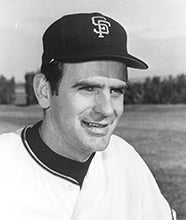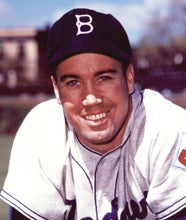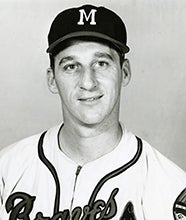I wasn’t exactly nervous. After all, I don’t understand English and everything was so new. I thought only about pitching. Besides, I felt I had nothing to lose.
- Home
- Our Stories
- East meets West
East meets West
Today, the number of Japanese players in the big leagues totals more than 60 and features some of the biggest stars in the game like Ichiro Suzuki, Koji Uehara, Yu Darvish, Junichi Tazawa, Nori Aoki, Hisashi Iwakuma and Masahiro Tanaka.
But fifty-one years ago, there were none – until southpaw pitcher Masanori Murakami became a trailblazer as the first big league baseball player to be born in Japan.
Earlier this summer, Murakami visited Cooperstown as part of the National Baseball Hall of Fame and Museum’s Author’s Series. Accompanying Robert Fitts, whose new book is entitled, Mashi: The Unfulfilled Baseball Dreams of Masanori Murakami, the First Japanese Major Leaguer, the pair spoke before a large crowd inside the Grandstand Theater.
Murakami, nicknamed “Mashi,” was initially sent to the United States with two other Japanese players to play in the San Francisco Giants’ minor league system during the 1964 season. According to Murakami, the manager of the Nankai Hawks said, “’Mashi, you’ll sign a contract with the Nankai Hawks.’ I said, ‘No, I have to go to college.’ Before he left my house, he said, ‘If you sign a contract, I’ll send you to the United States.’ That changed my mind.”
More than style
He began the 1964 campaign with the Single-A Fresno Giants of the California League, posting an impressive 11-7 record, a 1.78 ERA, and 159 strikeouts and only 34 walks in 106 innings, and captured the loop’s Rookie of the Year Award. By the end of the season, he was contributing to the big league team fighting for the pennant.
On the date of Murakami’s purchase from Fresno, Giants manager Alvin Dark said: “The only thing I know about the boy is that he has a fantastic record. Sure, I know this is the big leagues and he pitched only in Class A. But, Class A or major, a man who can strike out nine out of 12 hitters in the game that clinches a pennant has got to have something more than style.”
Murakami’s major league debut came when Dark summoned him from the bullpen on Sept. 1, 1964, tossing a scoreless eighth inning, giving up a single to Chris Cannizzaro while striking out both Charlie Smith and Ed Kranepool, in a 4-1 loss to the New York Mets before a crowd of 39,379 at Shea Stadium.
Newspapers across the country recognized the 20-year-old Murakami’s appearance the next day as the first Japanese big leaguer.
“It felt good,” Murakami said, through an interpreter, after the game. “I struck out the first batter with a fastball. The other with a curve. The hit was off a screwball. But the other screwball I threw was a strike. I pitched just as the catcher, Del Crandall, told me to, except twice when I shook my head and he gave me another signal.
Masanori Murakami compiled a 5-1 record with a 3.43 ERA in 54 major league appearances with the San Francisco Giants from 1964-65. In Sept. 1964, Murakami began his life in American baseball by hurling 11 consecutive scoreless innings. BL-2085-2000 (National Baseball Hall of Fame Library)
“I wasn’t exactly nervous. After all, I don’t understand English and everything was so new. I thought only about pitching. Besides, I felt I had nothing to lose,” he added. “I’m kind of overwhelmed by it all. But I’m glad I came through all right, especially because of everyone in Japan. Actually, I was more jittery when I pitched for the first time for the Nankai Hawks in Osaka Stadium in June 1963.”
During his recent Hall of Fame event, held on the afternoon of July 4, the now 71-year-old Murakami recalled that he hummed the tune “Sukiyaki” as he walked to the mound from the bullpen.
“And also the announcement: ‘Now pitching for the San Francisco Giants, No. 10, Masanori Murakami,’” he added with a smile. “A couple of days before this, people watching my games numbered about 400, 500, maybe 1,000. Now I was pitching in front of 40,000 people.”
Murakami finished his 1964 big league season with a 1-0 won-loss record, one save, and a 1.80 ERA in 15 relief innings, in which he struck out 15 and walked one.
Returning Home
A dispute between the Giants and the Nankai Hawks over who owned his rights resulted in Murakami not attending Giants’ Spring Training in 1965, but despite missing the first three weeks of the season he went on to post a 4-1 record with eight saves and a 3.75 ERA in 74 1/3 frames.
Pressured on a number of fronts, Murakami returned to his homeland after the 1965 season. He would continuing playing, with both the Nankai Hawks and Nippon Ham Fighters, through 1982, finishing with a 103-82 record.
“I wish I could have stayed a few more seasons with the Giants,” Murakami said. “I would have liked to have seen what I could have accomplished over a longer period of time. But I still attribute my success in baseball to my experiences in the States. It was such a great thrill, and the people were so kind to me.”
While playing in San Francisco, Murakami’s teammates included future Hall of Famers Willie Mays, Willie McCovey, Juan Marichal, Gaylord Perry, Warren Spahn and Duke Snider. During a Hall of Fame visit in 1998, Murakami donated a couple of baseballs, a glove, a bat, a travelling bag and photos from his playing career.
Bill Francis is a Library Associate at the National Baseball Hall of Fame and Museum

